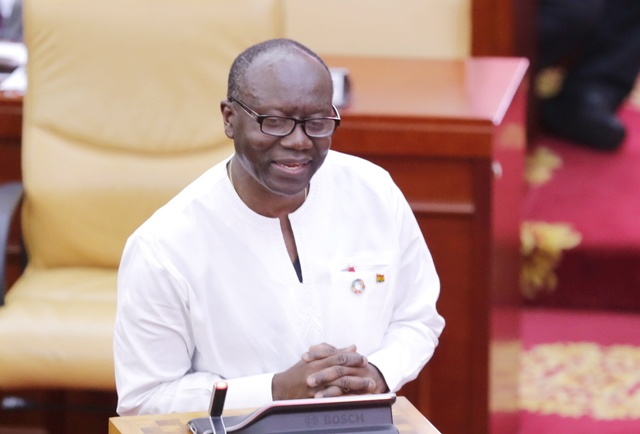The government closed its Domestic Debt Exchange Programme (DDEP) with over 80 percent participation of eligible bondholders.
The programme, which was voluntary, seeks to tackle the current economic crisis, bring back macroeconomic stability and guarantee sustainable growth.
Its conclusion was protracted following five deadline extensions as various groups sought exemptions or improved terms to participate.
In a statement released today, Tuesday February 14 by the Ministry of Finance, the government reassured all individual bondholders who decided not to participate that their coupon payments and maturing principals, like all government bonds, “will be honoured in line with government fiscal commitments.”
It reiterated that participation in the DDEP was voluntary and that individual bondholders were free not to participate, noting that “the right of the individual to self-exempt was never in doubt”.
The Ministry also stated that alternatives were proffered to encourage individual bondholders and retirees to tender for the new bonds.
This, the finance ministry said was important as the newer instruments would be more attractive.
“The DDEP is being done to help protect the economy and enhance Ghana’s capacity to service its public debts effectively. The alternative of not executing the DDEP would have brought grave disorder in the servicing of the national debt and exacerbated the current economic crisis,” the statement partly read.
The most recent Debt Sustainability Analysis (DSA) demonstrated that the country’s debt servicing absorbs more than half of the total government revenues and almost 70 percent of tax revenues. Additionally, the total public debt stock, including that of State-Owned Enterprises, among others, exceeds 100 percent of the gross domestic product (GDP), with official data putting the public debt stock at GH¢575.7 billion.
The Ministry said it has taken note of all additional input made by various stakeholders to further streamline government’s expenditures.
“The government is grateful for the overwhelming participation of all bondholders. Your support and contributions have gotten Ghana much closer to securing the IMF programme. The government is fully committed to addressing the issues raised by stakeholders during the DDEP engagement,” the Ministry said.
Amended Terms for DDEP
The updated memorandum for the debt exchange programme reclassified eligible bondholders into three categories with different terms for each category. Category A bondholders include all investment schemes, such as mutual funds or unit trusts, and all individual bondholders below the age of 59. Investors in this category are eligible to hold two bonds which will mature in 2027 and 2028, with principals in a ratio of 50:50 ratio and 10 percent interest per year.
Category B bondholders include all individual bondholders aged 59 or older. Category B holders have similar terms as Category A; however, they will receive 15 percent interest per year.
The last group is the General Category bondholders. These are bondholders who are neither Category A or Category B bondholders. These bondholders will still tender their old bonds for 12 new bonds as per the previous terms, but with a slight change in the interest payment structure.










